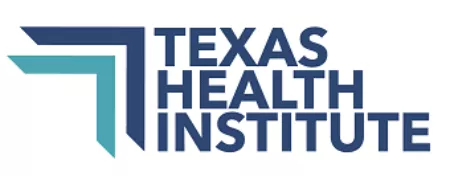Advancing Access to Care
We are proud of and committed to our role to serve as a strategic partner in advancing policy solutions that improve access to timely and preventive care, particularly for Texas’ most vulnerable populations. Our efforts have led to increased investments in Texas’ healthcare safety net, the passage of a Medicaid preventive dental benefit for adults with disabilities and leading a statewide consortium to fortify primary care.
Fostering Workforce Development and Innovation
In our role as an independent public health institute, we are committed to building a resilient and skilled workforce to meet today’s challenges and be prepared for tomorrow’s needs. Key efforts include providing data to support establishing the first dental school in Texas in over 70 years, supporting public health and healthcare workers in responding to hurricanes and natural disasters, and empowering community health professionals to expand access to essential health services.
Protecting and Promoting Public Health
We provide objective, data-driven, and actionable insights to improve public health infrastructure and policy at the state and national levels. Our recent work includes leading the evaluation of the Cancer Prevention and Research Institute of Texas’ (CPRIT) 10-year Prevention Portfolio investments and developing a national report that guided the CDC’s Public Health Infrastructure Investment.
Advancing Community-Led Solutions
We believe in co-creating solutions with communities to ensure lasting impact. Since 2020, our community-based efforts have driven over $75 million in new community-driven investments across Texas. Through numerous efforts in Southwest Houston, Corpus Christi, Laredo, East Texas, and many more communities across the state we have supported local leaders and communities to understand, equip, and address health and health-related social needs and catalyze community-led change that provide a fair opportunity for everyone to achieve their optimal health. Our recent efforts in Central Texas demonstrate our unwavering commitment to work alongside and for our community partners to center efforts that amplify community voices, honor their expertise and aspirations, and drive investment into communities with unmet health and social needs.”

